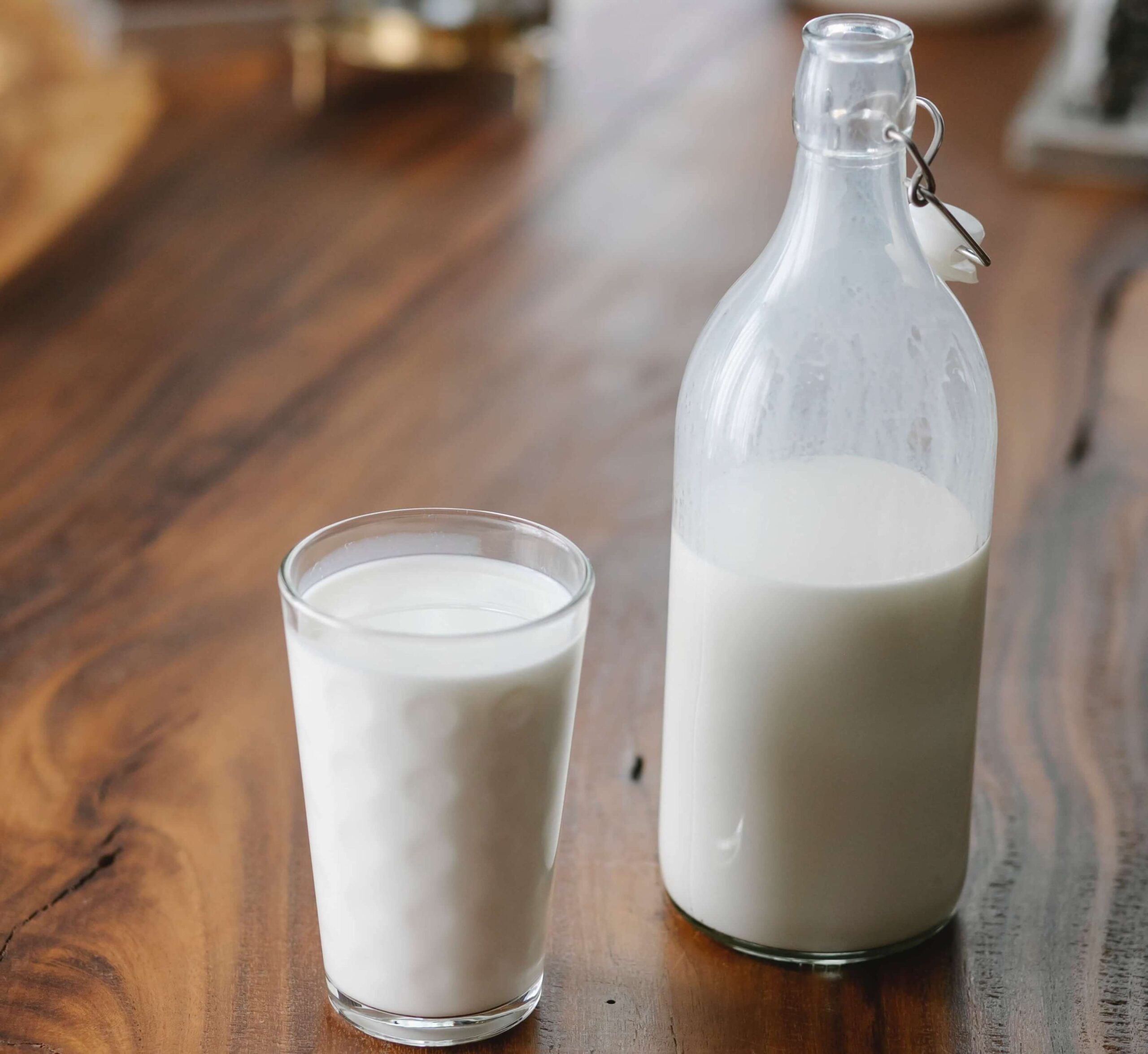As pasture moves from a vegetative state to a reproductive state, a decline in milk production typically follows due to decreasing protein levels in the grass. Additionally, increased fibre levels drive down the digestibility of the pasture. Supplementing protein into the cow’s diet can help to alleviate the decline in production.
In summer, the type of protein supplemented is very important. Whilst milking cows have a need for both rumen degradable protein and rumen undegradable protein, they respond particularly well to rumen degradable protein, provided they are well fed. Rumen microbes use the rumen degradable protein and also have a requirement for non-protein nitrogen (NPN). If NPN can be fed in a way that synchronises it with carbohydrate availability, this can present a cost-effective way of maintaining or increasing milk production at this time of year.
Supplementation with controlled release NPN (Optisync™, Alltech) promotes proliferation of rumen biota, which has a two-fold effect. Greater microbial populations in the rumen break down more fibre in the feed, thus releasing more energy from the diet. This is especially important as summer grass is characterised by increasing levels of neutral detergent fibre, which decreases the overall metabolisable energy. Any extra energy release from the forage from increased microbial populations acting on that fibre is very welcome.
The second effect of larger microbial population is the increased supply of protein and essential amino acids to the hindgut. The microbes die and are washed out of the rumen, becoming part of the protein nutrition of the host animal. Microbial protein production should be a target for all farmers, as microbial protein has a very desirable profile of key amino acids. Microbial proteins have around four times more lysine and between 2.5 and four times more methionine than typical vegetable proteins.
In summary, protein deficiency often occurs over the summer/late summer. Even where pasture is in abundance, assessment should be made of the quality of grass. Fibre-digesting bacteria require NPN to reproduce. Microbial protein is considered the best form of protein for cows.
For references or further information, contact: mpretorius@alltech.com
Click to visit our OPTISYNC™ page.

